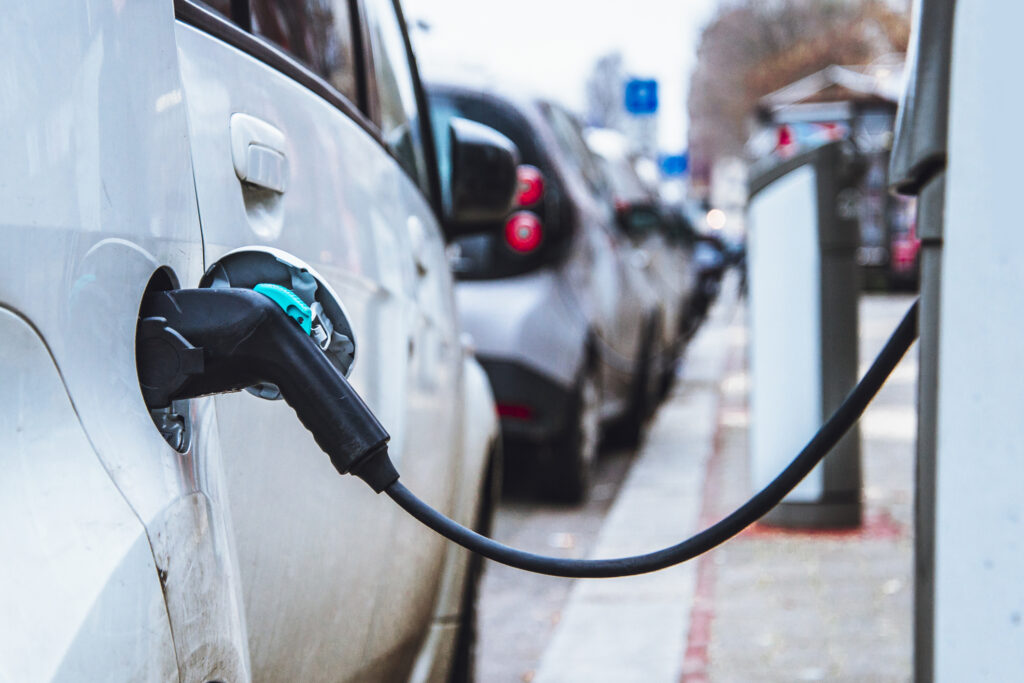Sales of battery electric vehicles (BEVs) in February 2022 rose 196.3% year-on-year, with the Society of Motor Manufacturers and Traders (SMMT) issuing its recommendations for supporting charging rollout.
Sales of BEVs reached 10,417 (a 17.7% market share) compared to 3,516 in February 2021 – a 6.9% market share, according to the SMMT.
So far this year, there have been 24,850 sales of BEVs, while there were 9,776 for the same period last year.
When combined with plug-in hybrid and hybrid vehicles, electrified vehicles accounted for over a third of all new cars leaving dealerships.
While the SMMT said this demonstrates the growing demand for electric cars, it added that February is typically a lower volume month due to many buyers delaying purchases until the ‘new plate’ month of March, while fluctuations in supply for some key models can have a more pronounced effect in terms of market share.
However, the SMMT said that there is still concern of the need to accelerate public chargepoint provision – an area of the rollout it has been calling attention to for some time. It said that investments are being made, but at a pace that is lagging behind plug-in vehicle uptake.
The SMMT is now recommending that VAT on electricity used for public chargepoints be cut to match that for home use so that EV drivers “are treated equally regardless of where they charge their vehicle”.
HM Treasury confirmed the rate for electricity used for public chargepoints is 20% last May, compared to 5% for home chargepoints, resulting in InstaVolt raising its prices.
The SMMT is also calling for an extension to both the Electric Vehicle Homecharge Scheme and the Workplace Charging Scheme to beyond 2025 to ensure EV uptake remains on track to meet net zero targets.
Mike Hawes, SMMT chief executive, said: “Government must use its upcoming Spring Statement to enable this transition, continuing support for home and workplace charging, boosting public chargepoint rollout to tackle charging anxiety and, given the massive increase in energy prices, reducing VAT on public charging points.”
The increase in energy prices led InstaVolt to raise its prices further in December 2021, while other EV charging networks such as GRIDSERVE, Osprey and bp pulse have also raised prices as a result of high wholesale prices.






